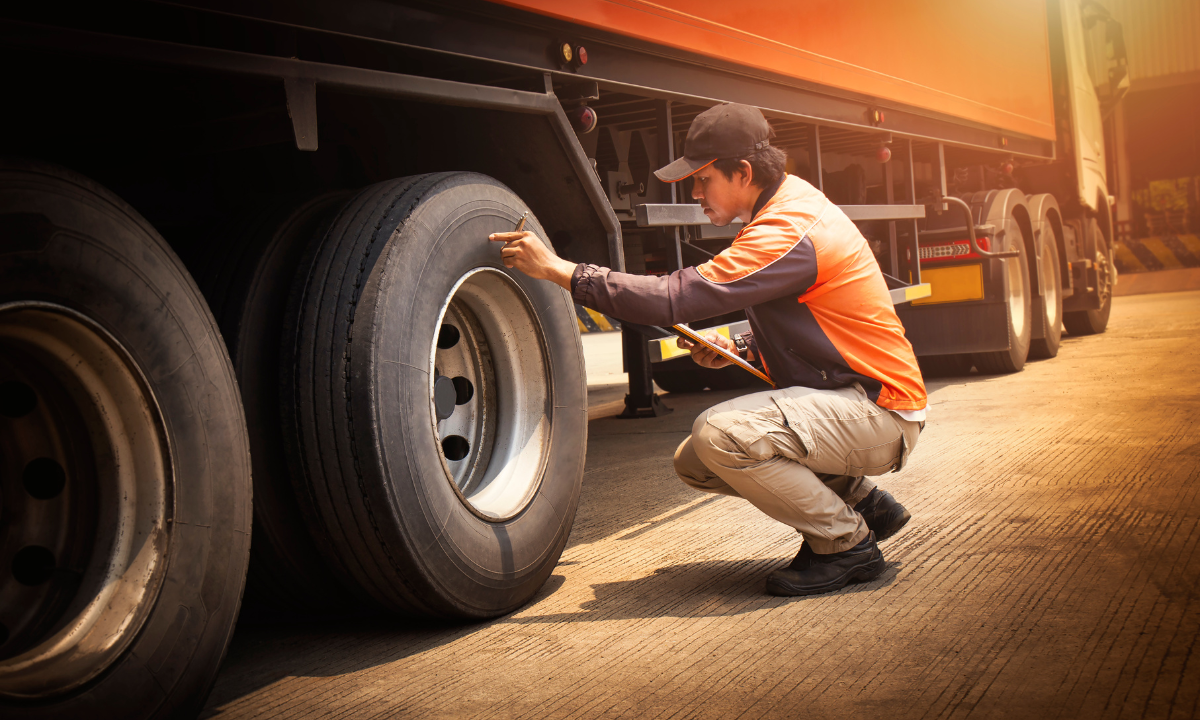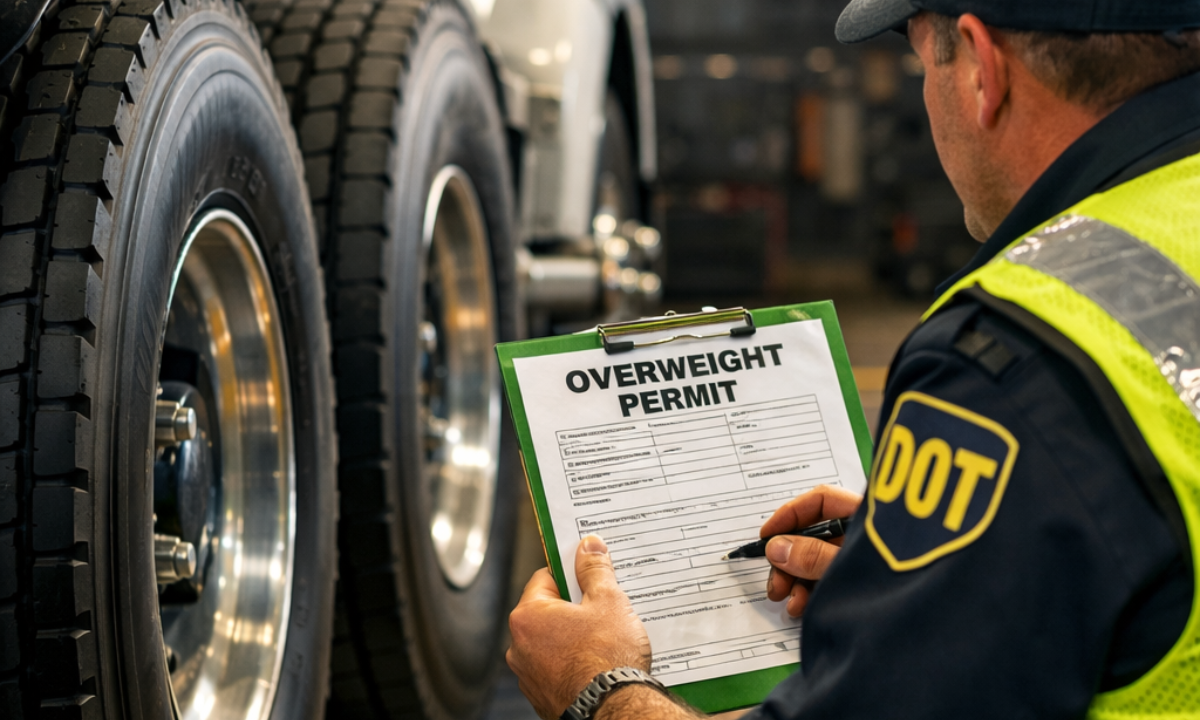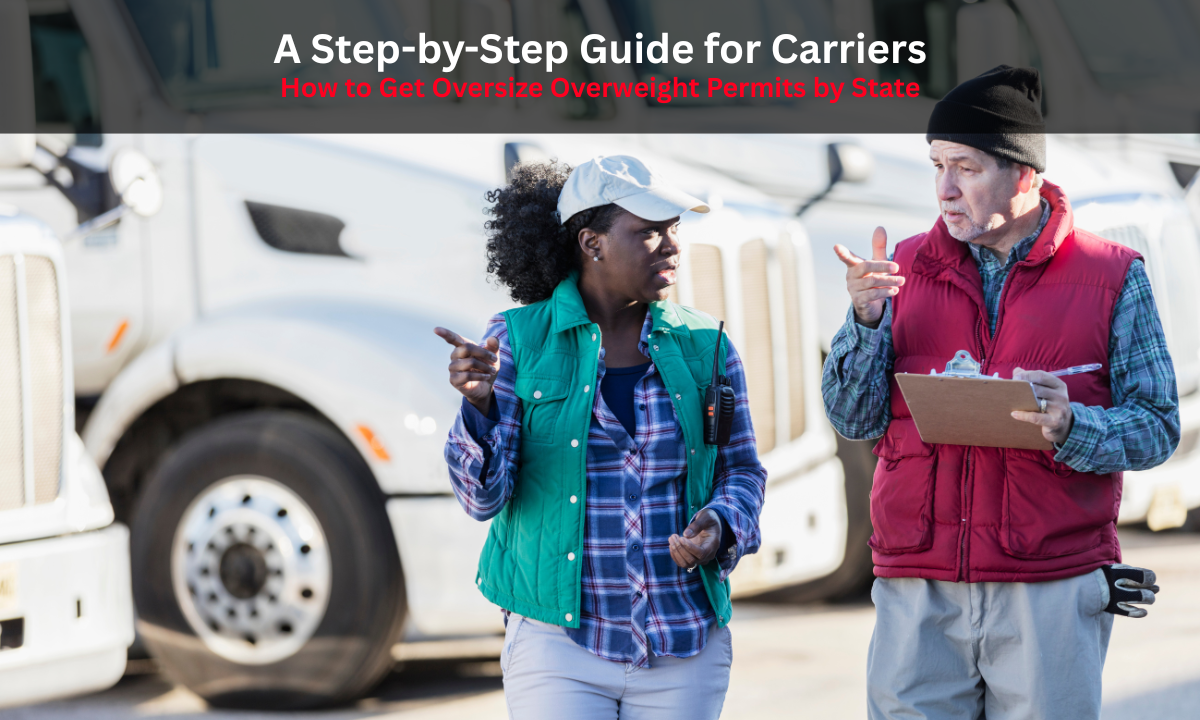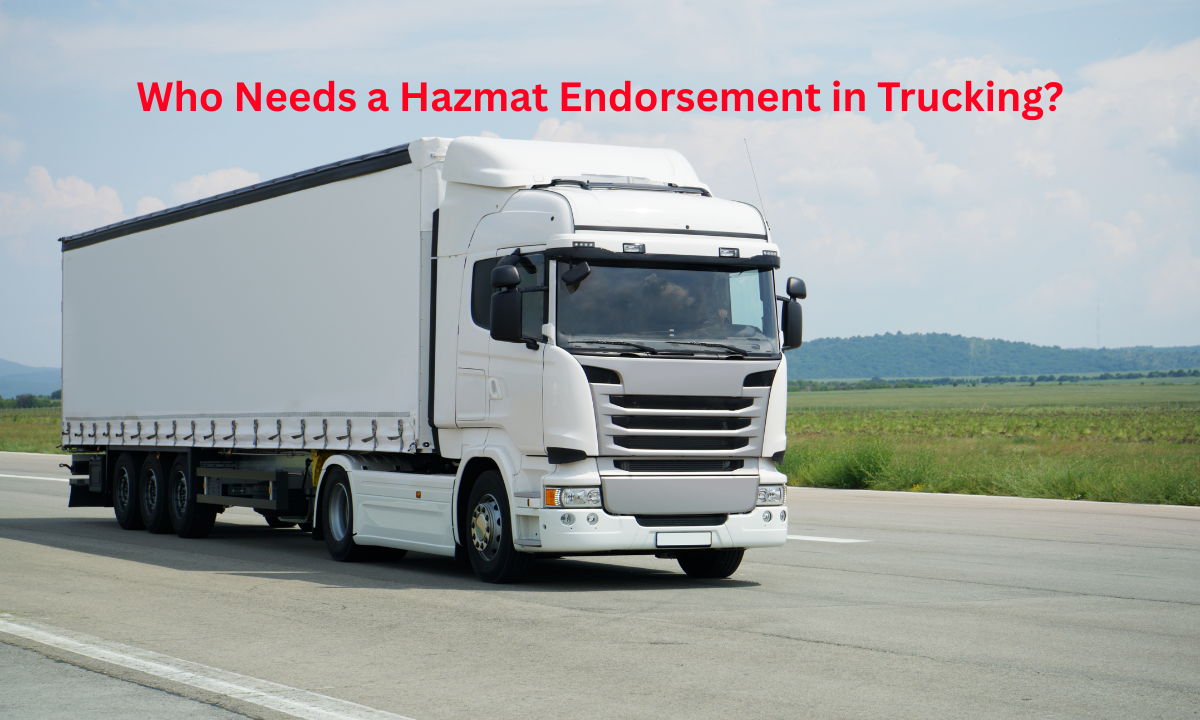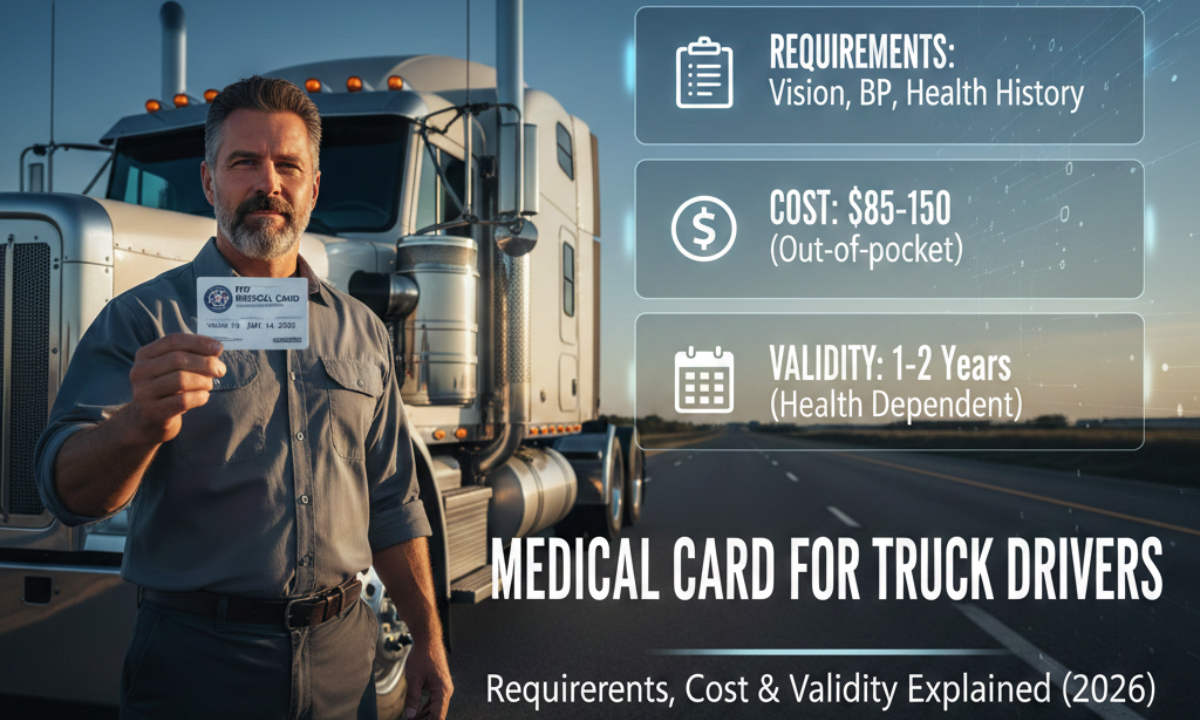18 Wheeler for Sale: Everything You Need to Know Before Taking the Plunge.
18 Wheelers for Sale: What You Need to Know First Before Jumping In
One of the biggest purchases in the trucking and logistics industry is purchasing an 18 wheeler for sale. Whether owner-operator, fleet manager, or simply buying one for the first time, it is absolutely important that the person understands what the vehicle costs, how well it performs, and what it will cost them in the long term.
Understanding the 18 Wheeler and Its Core Components
The 18-wheeler or semi truck or tractor-trailer comprises a tractor unit and trailer that together forms a powerful logistics device specifically designed for long-distance transport. High-torque diesel engines from breeds like Cummins, Detroit Diesel, and PACCAR normally power the engine and drivetrain.
- Transmission Systems: The widely used system in most trucks is an automated manual transmission (AMT). Compared to manual and automated transmission types, drivers choose AMT because it is fuel-efficient and reduces the fatigue of the driver.
- Suspension and Braking: Air suspension improvises stability while air brakes enable the operation of the trucks when they are carrying heavier loads.
- Axles and Tires: The eighteen-wheeler arrangement distributes a huge amount of ground weight evenly to gain the best traction and durability.
Thus, full inspection is a must before purchase as all components directly affect performance, cost of maintenance, and resale value.
Evaluating New Versus Used 18 Wheelers
Choosing between a new 18 wheeler and a used one depends on your budget, the business model you are operating under, and what your goals are for doing business.
- The new trucks come with manufacturer’s warranties, new emissions systems, and improved fuel economy engines. While they promise less downtime, these trucks are expensive.
- Used trucks are cheap, but it is imperative to check engine hours, maintenance records, and previous accident histories. Usually, certified pre-owned units sold by reputable dealers provide the best value for money and assurance of dependability.
When comparing total cost of ownership (TCO) over five years, you can better judge which option will provide a fair long-term return on investment.
How to Find the Right Value for an 18 Wheeler
Assessment of true market value consists of both the physical condition of the truck and some market-related information. Look into:
- Year, make, model: Elder models are hardly efficient but better buy.
- Mileage and engine hours: Trucks logged regularly for their service win back against one that has few service records but heavy usage.
- Maintenance logs: Check intervals in oil changes, brake replacements, and emissions upkeep.
- VIN history reports: TruckVIN or NMVTIS can be checked to ascertain past ownership, title status, and accident reporting.
Performing a price analysis based on the regional market and auction values will help avoid paying excess.
Engine and powertrain inspection checklist
Before finalizing any deal, be sure to thoroughly inspect:
- Look for signs of oil or coolant leaks under the hood. Check beneath the chassis as well.
- Examine the exhaust smoke color–blue or black smoke signifies combustion inefficiency.
- Listen for abnormal knocking or vibration.
- Check for cracks or signs of wear in the belts, hoses, and filters.
- Check for smooth shifting from one gear to the other on the transmission.
Professional mechanics do internal inspections to reflect all mechanical problems that sellers might ignore.
Fuel Efficiency and Operating Costs
Fuel consumption really decides the profit margins of a transporter. All the newest among the latest 18 wheelers have aerodynamic features, automated transmission, and engine optimization, which enhances the miles per gallon (MPG). Some of those modern models also come with APUs (Auxiliary Power Units) and idle reduction systems to minimize fuel waste as well.
Comparing annual fuel expense in different models could help ascertain the better option of a truck for the proposed activity, especially for long-haul freight operation.
Compliance, Emission, and Safety Regulations
Since modern freight transportation requires strict adherence to EPA emission standards, DOT compliance, and ELD mandates, check the 18 wheeler for regulatory requirements for your region before making the purchase. The most important certifications to confirm include:
- Emissions control systems (DEF/SCR systems)
- Compliance to brakes and lights
- Weight distribution limits
- Electronic Logging Device (ELD) readiness
Non-compliance could lead to serious fines and downtime, taking away a good amount of profit.
Finance and Ownership Options
All buyers may not christen owning an 18 wheeler outright because it may not be financially viable. Know the truck(s) financing programs, such as lease-to-own methods, fleet financing, or manufacturer-backed loans. Compare the interest rates, down payment requirements, and residual values. Know the total loan payment cost and if the financing package includes maintenance coverage, extended warranties, or both.
Insurance and Operating Permits
Commercial Truck Owners for all 18 wheeler trucks should take out a comprehensive commercial truck insurance covering:
- Cargo liability
- Collision, comprehensive
- Non-trucking liability
- Physical damage
On the other hand, check operation permits such as DOT number, MC authority, and IFTA registration for legal compliance.
Prevent Costly Mistakes When Buying
To avoid buying “a lemon”;
- Always demand a complete pre-purchase inspection.
- Avoid units having incomplete service history or unverifiable mileage.
- Look for signs of frame welding, paint overspray, and water damage; they usually indicate repairs due to prior accidents.
- Conduct negotiations using simple transparent data-backed pricing from verified truck valuation platforms.
Time spent on research will expose repairs hidden in maintenance nightmares but translate into stability of a fleet for the long haul.
Long-Term Maintenance and Profit Optimization
Once purchased, regular usage should be backed by an appropriate preventive maintenance scheduling plan.
- Regular oil changes and filter changes,
- Monitoring tire pressure and tread wear,
- Timely replacement of belts, brake pads, and coolant lines,
- Scheduling engine diagnostics quarterly for early fault detection.
Fleet management software or telematics systems can be used to automate reminders and optimize performance tracking to improve ROI and resale potential.
Final Verdict
An 18 wheeler is more than just a purchase; it’s an investment in the future of logistics. Understanding the market value by which it is purchased, mechanical integrity, fuel performance, and legal compliance will help ensure an intelligent and profitable decision. With an extensive inspection of the said truck, transparent documentation, and well-informed negotiation and communication with the seller, every buyer can buy a truck that consumes less fuel, works best, and earns profits for a long haul.
Disclaimer: The information provided in this blog post is for general informational purposes only. While we strive to keep the content accurate and up to date, we do not guarantee its completeness, reliability, or accuracy. Any actions you take based on this information are strictly at your own risk. We are not responsible for any losses, damages, or inconveniences that may arise from the use of this blog.


